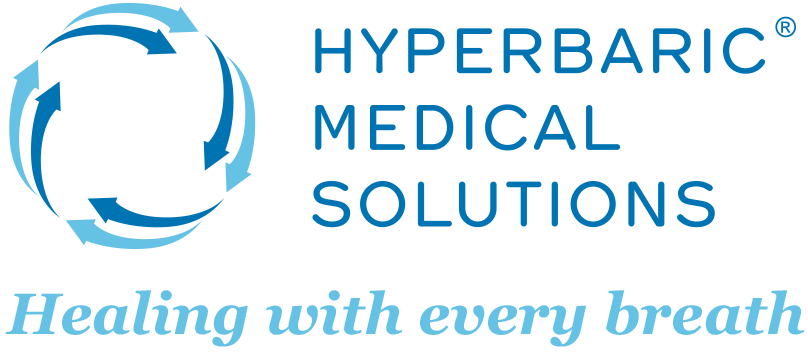Hyperbaric Oxygen Therapy for Brain Health
Healing From Within
Hyperbaric Oxygen Therapy (HBOT) addresses healing at a deep, cellular level, and can be used to treat a wide range of brain injuries
Effects of HBOT on the Brain
Hyperbaric Oxygen Therapy (HBOT) addresses healing at a deep, cellular level, and can be used to treat a wide range of brain injuries
Modulates Neuroinflammation
Neuroinflammation is the brain's immune response to injury or disease. By reducing inflammation, HBOT may help in mitigating the damage caused by conditions such as stroke, Concussion/TBI, or neurodegenerative diseases like Alzheimer's and Parkinson's.
Promotes Neuroplasticity
Neuroplasticity is the brain's ability to reorganize and form new neural connections, in response to learning, experience, or injury. HBOT has been suggested to promote neuroplasticity, thus aiding in recovery from brain injuries and improving cognitive function.
Hyperoxygenates Tissue
HBOT boosts oxygen levels in the bloodstream and brain tissues, enhancing cellular metabolism, energy production, and brain repair. It can also help in areas with compromised blood flow, such as regions affected by stroke or TBI.

Traumatic Brain Injury
Traumatic Brain Injury , or TBI, encompasses a broad range of brain injuries that result from a forceful blow, bump or jolt to the head, causing disruption in brain function that can be severe or mild, temporary or permanent. Potential benefits of HBOT for those suffering from a TBI:
- Accelerates recovery & healing
- Regenerates neurologic tissue
- Reduces pain
- Creates new blood vessels
- Stimulates stem cell mobilization
- Reduces cognitive impairment
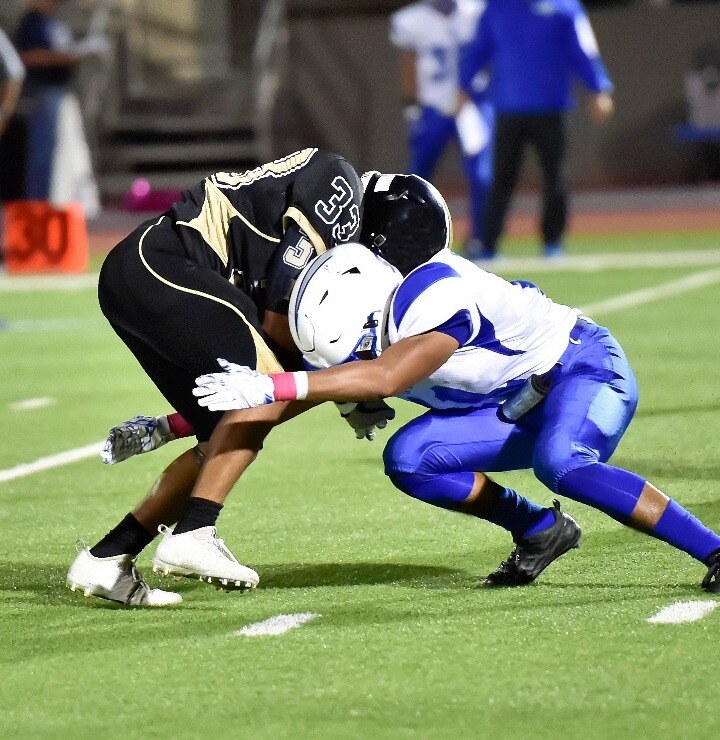
Concussion
Concussions are a type of traumatic brain injury (TBI). They are often caused by some type of external force, including those that penetrate the skull and closed-head injuries. Professional and adolescent athletes, particularly those involved in contact sports, are at an increased risk.
Even a mild concussion can lead to significant health challenges, and symptoms can last for months, or even years without resolution. These often include:
- Headache
- Dizziness or Light headedness
- Sleep disturbances
- Memory loss
- Personality changes
The use of Hyperbaric Oxygen Therapy (HBOT) to care for concussions aims to relieve symptoms and accelerate recovery by promoting repair of damaged tissue, increased oxygenation of tissue and angiogenesis, or blood vessel growth.

Post-concussion syndrome (PCS)
When symptoms resulting from a concussion last more than three months, this is defined as post-concussion syndrome (PCS). Symptoms often include:
- Headaches or migraines
- Personality changes
- Depression
- Sleep disturbances
- Memory issues
- Sensitivity to light and/or sound
- Difficulties focusing
- Light-headed or dizziness
The use of HBOT to help treat PCS aims to relieve symptoms and accelerate recovery by promoting oxygenation, repair of damaged tissue and growth of new blood vessels (angiogenesis).

Stroke Recovery
A stroke is also known as a brain attack and occurs when the blood flow to an area of the brain is impaired. Brain cells and tissue deprived of oxygen and nutrients will begin to die within minutes. Depending on the location and size of oxygen deprivation in the brain, a stroke can lead to small or very large motor, cognitive, and/or sensory deficits.
The use of Hyperbaric Oxygen Therapy (HBOT) can:
- Reverse tissue oxygen deprivation in the acute setting and after the damage has occurred
- Help grow new blood vessels and regenerative nerve cells
- Induce neuroplasticity
- Reduce inflammation

PTSD
Post-traumatic stress disorder (PTSD) is a debilitating psychiatric condition that can develop following exposure to traumatic events, such as combat related blasts. As such, PTSD is very prevalent among veterans. Standard treatment options for PTSD include psychotherapy, medication, and cognitive-behavioral interventions.
However, if there is an underlying brain injury, which may not have been specifically diagnosed, individuals may not respond sufficiently to these approaches alone. In such cases, Hyperbaric Oxygen Therapy (HBOT) can be used to repair damage to the brain. HBOT’s mechanisms of action include:
- Increased tissue oxygenation
- Modulation of neuroinflammation
- Promotion of neuroplasticity, which contribute to its therapeutic effects on PTSD.
The use of HBOT to help treat PCS aims to relieve symptoms and accelerate recovery by promoting oxygenation, repair of damaged tissue and growth of new blood vessels (angiogenesis).

Long COVID
New research treating brain injuries, regardless of their cause. It not only addresses traumatic brain injuries (TBIs) and concussions but also shows promising evidence in the treatment of brain injuries caused by inflammation such as after COVID-19 infection.

Dementia & Cognitive Impairment
Alzheimer’s and other forms of age related dementia are progressive neurodegenerative disorders leading to memory loss, cognitive decline, and behavioral changes. HBOT's potential benefits for dementia include:
- Reducing hypoxia (low oxygen)
- Reducing neuroinflammation
- Promoting neuroplasticity
- Enhancing cognitive function
- Slowing disease progression
- Improving quality of life for patients and caregivers
The use of HBOT to help treat PCS aims to relieve symptoms and accelerate recovery by promoting oxygenation, repair of damaged tissue and growth of new blood vessels (angiogenesis).
Get Started In Your Recovery
Free 15 Min Info-Session
Speak with a Patient Care Coordinator to get all of your questions answered, see if you'd be a good fit for our brain health program and get pricing.
Begin your healing journey today.
Resources
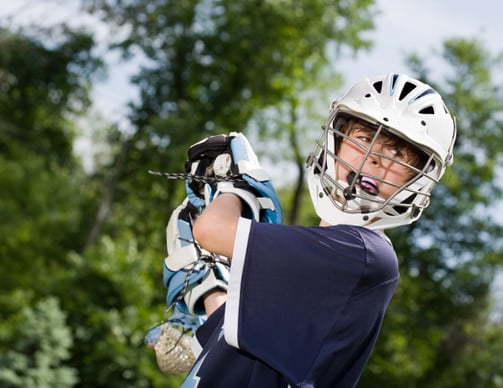
Case Study: TBI from Previous Sports Injuries
A 23 year old male came to our office with a history of multiple concussions and traumatic brain injuries (TBI), which he previously sustained while playing football and lacrosse. His most recent TBI occured in 2019 which led to recurrent headaches, light sensitivity, brain fog, tinnitus, short term memory loss and occasional scotomas (blind spots)...
Read moreRead More About Brain Health & HBOT

7 Causes of Anoxic Brain Injury
Some anoxic brain injury causes include stroke, cardiac arrest, low blood pressure, carbon monoxide poisoning, and choking.
Read More
Case Study: HBOT Helps a Vietnam Veteran with PTSD
Hyperbaric Oxygen Therapy helps a Vietnam war veteran with post traumatic stress disorder (PTSD) reduce symptom severity and improve quality of life.
Read More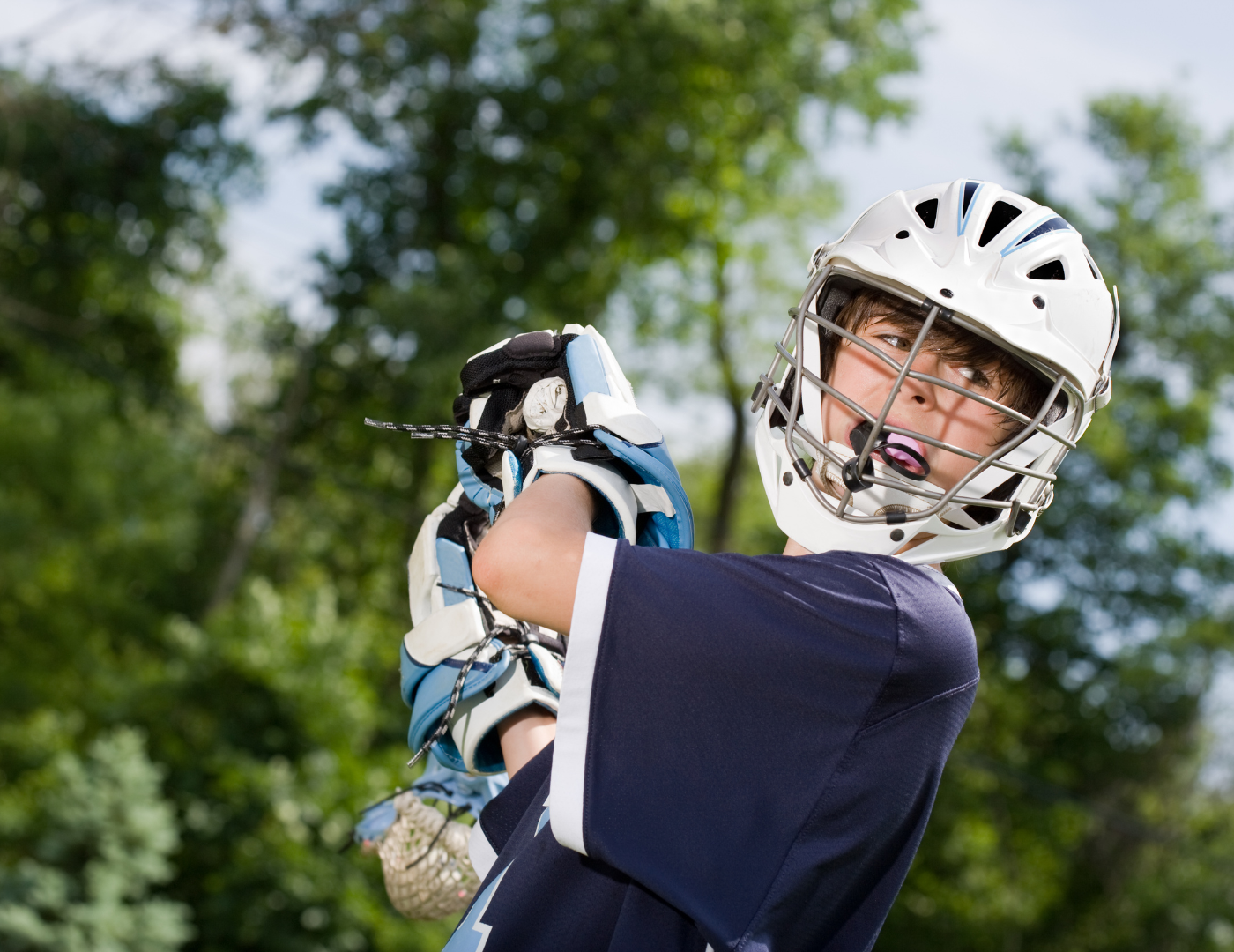
Athlete Overcomes Traumatic Brain Injuries with Help from Hyperbaric Oxygen Therapy
Hyperbaric Oxygen Therapy helped a young athlete with post-concussion syndrome heal and recover from the symptoms of TBI and concussions.
Read More
Case Study: College Athlete Recovers from Post-Concussion Symptoms
In this case, Hyperbaric Oxygen Therapy helped a patient with post-concussion syndrome heal and recover from all symptoms of brain injury.
Read More
Pediatric Concussions: How To Treat Them and is There a Role for Hyperbaric Oxygen?
Hyperbaric oxygen therapy is one of the most effective treatments for pediatric concussions.
Read More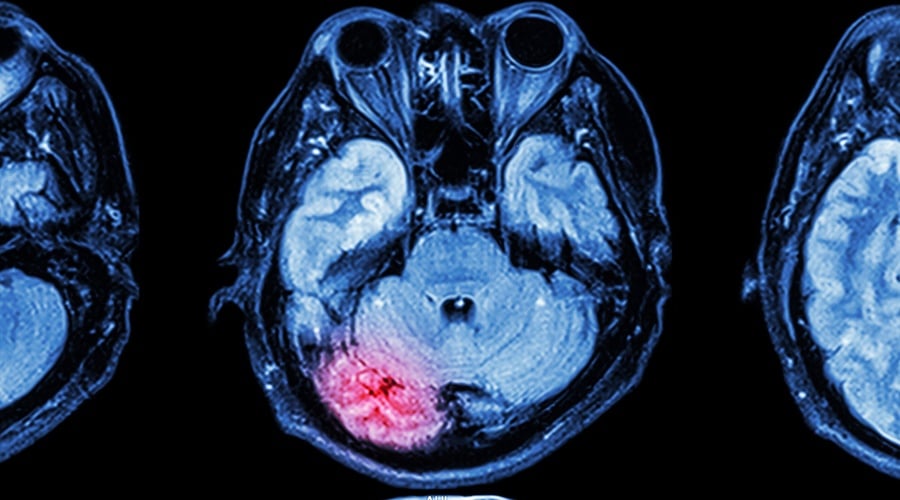
What is an Anoxic Brain Injury and How Do You Treat It?
Anoxic brain injury can occur when oxygen is unable to reach the brain, a condition which hyperbaric oxygen therapy may help treat.
Read More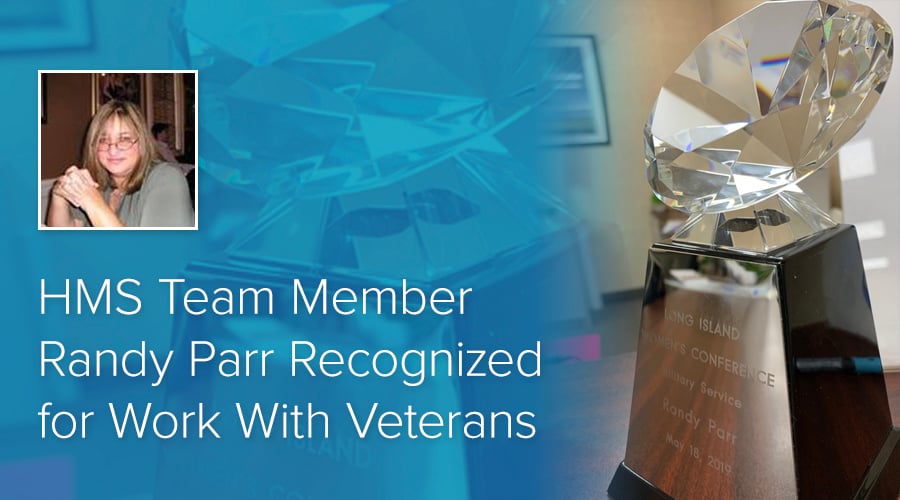
HMS Team Member Randy Parr Recognized for Work With Veterans
HMS physician assistant Randy Parr was recently honored for her work with veterans suffering post-traumatic stress disorder and traumatic brain injuries.
Read More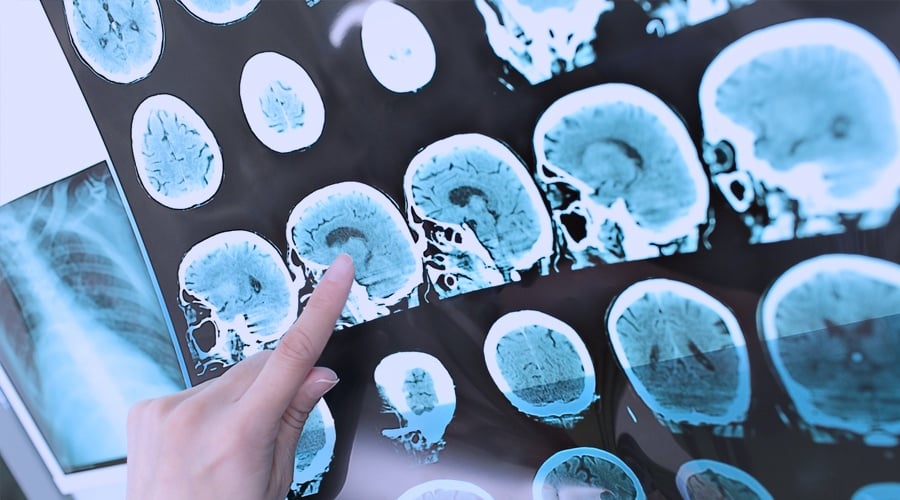
4 Types of Brain Injuries
There are many different types of brain injuries, including anoxic injuries, contusions, concussions, and infections.
Read More
Are Concussions in Children on the Rise?
Recent statistics indicate concussions in children in the United States are increasing, particularly among adolescent athletes.
Read More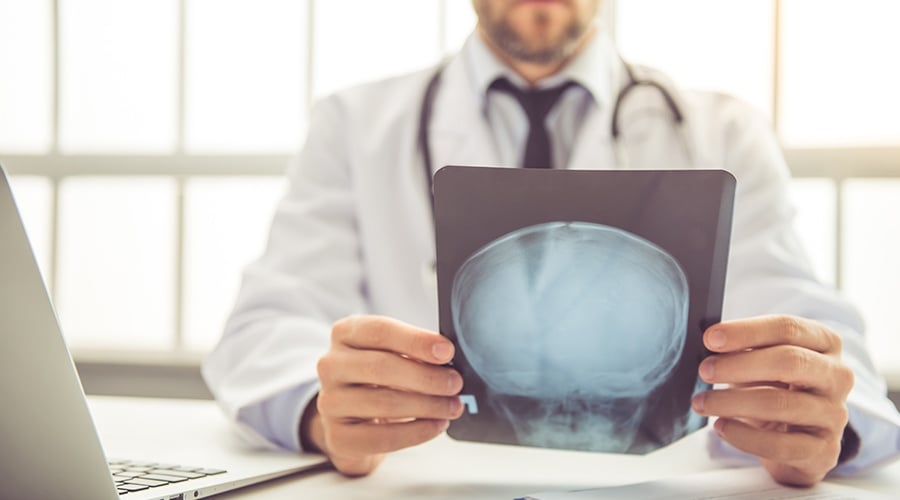
What to Do After a Concussion: 5 Tips
After a concussion, a patient should seek medical care right away, follow a customized recovery plan, receive hyperbaric oxygen therapy, adjust food choices, and refrain from drinking alcohol.
Read More